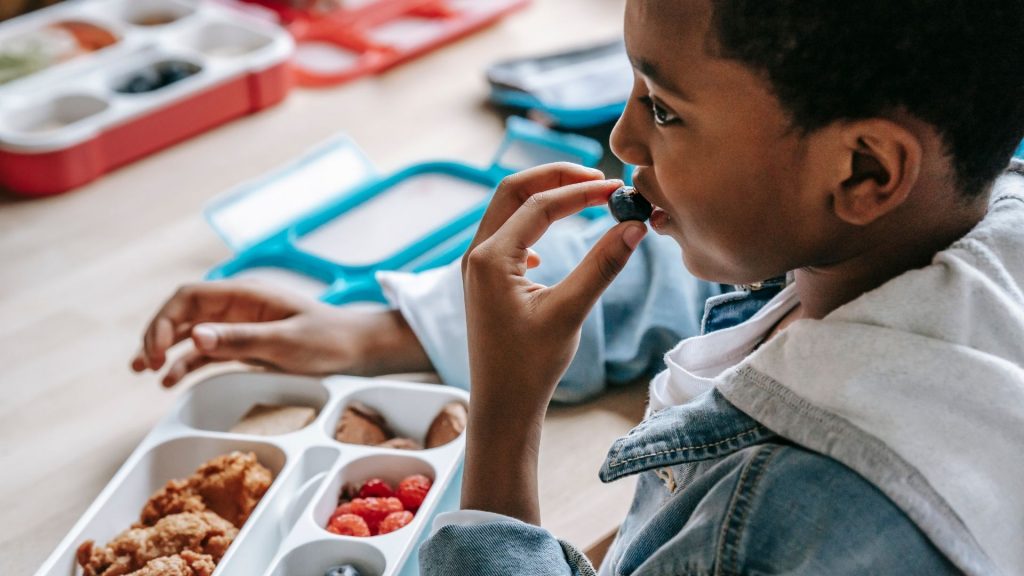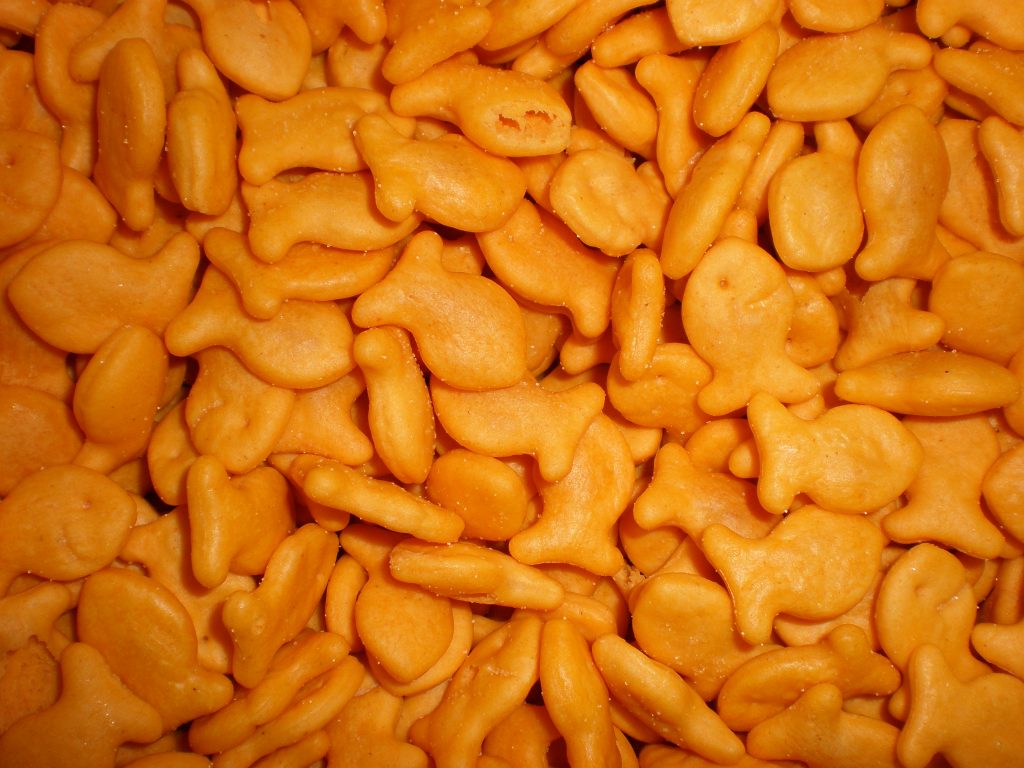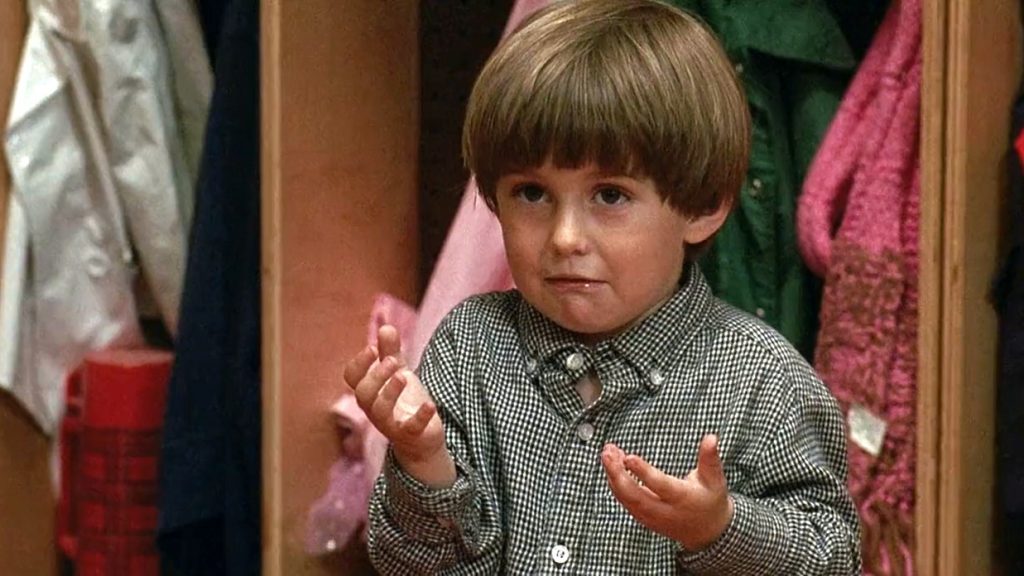Toddlers Hospitalized After Eating THC-Laced Snack From Daycare
A daycare provider is being charged for giving young toddlers THC-laced goldfish crackers, sending the kids to the hospital.

Last Thursday, a Virginia daycare owner turned in her license and was charged with 3 counts of cruelty and injury to children. This is after an incident in March which led investigators to discover that the Stafford in-home daycare fed THC-laced goldfish crackers to 1-year-olds. The toddlers were displaying lethargic, uncoordinated behavior and were all treated at a nearby hospital.
Rebecca Swanner, the 60-year-old home daycare owner turned herself into police. She voluntarily gave up her license and has been charged for her crimes. Whether Swanner purposefully fed THC goldfish crackers to young toddlers, or this incident was an accident is unclear, but when the young toddlers were brought to Stafford Hospital Center staff “quickly recognized” the symptoms of THC exposure and confirmed it with testing. Investigators then searched the daycare and collected samples. After lab results came back, they displayed that goldfish crackers — which had been fed to the toddlers — were laced with the drug. This is becoming an increasingly concerning issue as marijuana is more widely sold across the nation and children are being fed edibles, often by mistake.

It sounds like a college prank, children accidentally getting high eating goldfish edibles (which are most often ingested in the form of baked goods or candies), but in fact, the side effects of THC on minors — particularly children under 12 — is of serious concern. Like other controlled substances such as alcohol or tobacco products, THC has the power to more adversely affect children because their brains are not fully developed. Edibles are more potent than other means of ingestion. Marijuana is known to increase blood pressure, cause anxiety, increase lack of coordination, cause confusion and paranoia. When combining those elements with a young child, who doesn’t understand what’s going on, along with the fact that the side effects last longer with edibles and smaller children, the consequences are so much greater than what adults experience.
Giving THC-laced goldfish crackers to a 1-year-old child is dangerous. At this age, toddlers have just barely learned to walk and use their hands. If exposed and left untreated they are subject to more falls and household accidents than usual. Unfortunately, these sorts of incidents are on the rise. The Public Health Educator for Virginia’s Poison Center, Fiorella Carhuaz, noted that there has been an increase in child-related cannabis or marijuana edible injuries.

In 2020 only 27 cases of children 5 and under getting into edibles were reported in Virginia. In 2021 that number almost doubled. Now, in 2022 18 cases have already been reported as of the end of March, this includes the children exposed via goldfish crackers — a popular children’s snack. This definitely seems to be a growing issue of concern, and not just for the state of Virginia. The American Academy of Pediatrics examined edible exposure in children across the nation between 2017 and 2019 and found that edible exposure significantly increased every quarter year.
It has been advised that adults choosing to ingest edibles should keep them out of reach of children. To further prevent accidental ingestion, adults may even consider eating them away from minors who might mistake the drug-laced foods for just a typical treat. Because the toddlers in this specific case were given THC-laced goldfish crackers, this method may not have helped regardless, but the case is causing a stir in the area, and making more parents aware of the issue.



